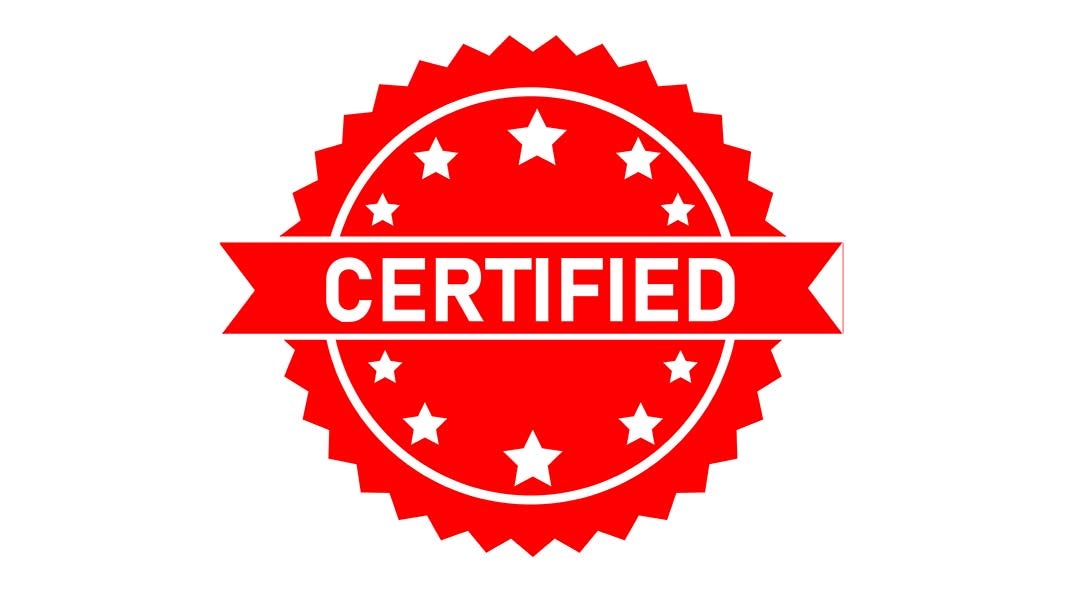Google’s Core Algorithm Update: Expertise, Authority, and Trust

One of the latest and most significant updates to the way Google ranks websites (its algorithm) came on August 2nd. Described as a “core algorithm” update it had a global roll out, affecting websites from multiple niches. From the numerous studies that followed there was a clear indication that health and YMYL (your money, your life) sites were most impacted. However, all site owners should take note, as is with global updates all search results are affected.
Typical of Google they offered little insight on the algorithm update, simply referencing the advice they gave to webmasters in March.
“There’s no “fix” for pages that may perform less well other than to remain focused on building great content. Over time, it may be that your content may rise relative to other pages”.
— Google SearchLiaison (@searchliaison) 12 March 2018
So What Should You Do?
Google’s advice is very vague, but there are often clues to be taken from this update:
Local SEO experts Bright Local said the update: “May well have been focused on demoting YMYC pages with low E-A-T.
E-A-T stands for:
- Expertise
- Authority
- Trustworthiness
Bright local rightly pointed out that while there are many niche specific sites providing advice on specific topics, local businesses provide advice too. For Google it is important that whoever is giving this advice is the most trustworthy.
Beyond thoroughly researching & backing up your claims there are a few things you can do to improve your E-A-T.
Boost your trust with an SSL certificate.
If you don’t have one already one, now is the time. Over 70% of page one results now have an SSL certificate. Unless you have an ecommerce website they are generally inexpensive. You get obtain one from your hosting company.
Reference other sources
This is an old ranking factor. Instead of making claims on your own, you can add more weight to your argument by including the names of others. For example, let’s assume you’re a heating contractor who participates in a local financing program. Instead of simply mentioning it, a link to the partner organization helps to confirm the affiliation.
Show your expertise with credentials
What certifications or affiliations do you have? Many businesses put up logos of accreditations on their websites. But they fail to recognize that Google cannot easily read images. Linking the image to the accrediting association leaves no doubt in Google’s mind that you are an expert in your field.
Build your online reputation
According to Google’s quality guidelines: Popularity, user engagement and user reviews can be considered evidence of reputation.
Avoid temptation to write for the search engine
Google states that:
“Pages created with the intent of luring search engines and users, rather than providing meaningful MC [main content] to help users, should be rated lowest”
Provide content that is valuable to users over search engines.
Avoid thin content.
Thin content is content that doesn’t include any added value. Examples of thin content are scraped content, duplicate content, automatically generated content and affiliate content. Adding quality content to thin content pages will solve the problem. Use original content that explains a problem, answers a question. Make the page an expert resource for the keywords you are using the page for.
Be contactable
Being unable to contact a business doesn’t always instill a sense of confidence. Being contactable is a sign of trustworthiness, and something that is very easy to achieve. Not only should you be contactable, it should be easy for a website visitor to do so. Phone numbers and contact forms help Google understand that you want to be available for questions.
Your Money – Your Life (YMYL) sites most at risk
What are YMYL sites?
These are sites whereby, if wrong, inaccurate or misleading advice is given, it could negatively affect a person’s life, income or happiness.
YMYL sites might provide:
- Medical information
- Legal information
- Financial information
- Information that could be dangerous if not followed correctly, e.g. electrical, plumbing or auto repair advice.
If you think your website has been adversely affected by the update, contact us. We can help.












